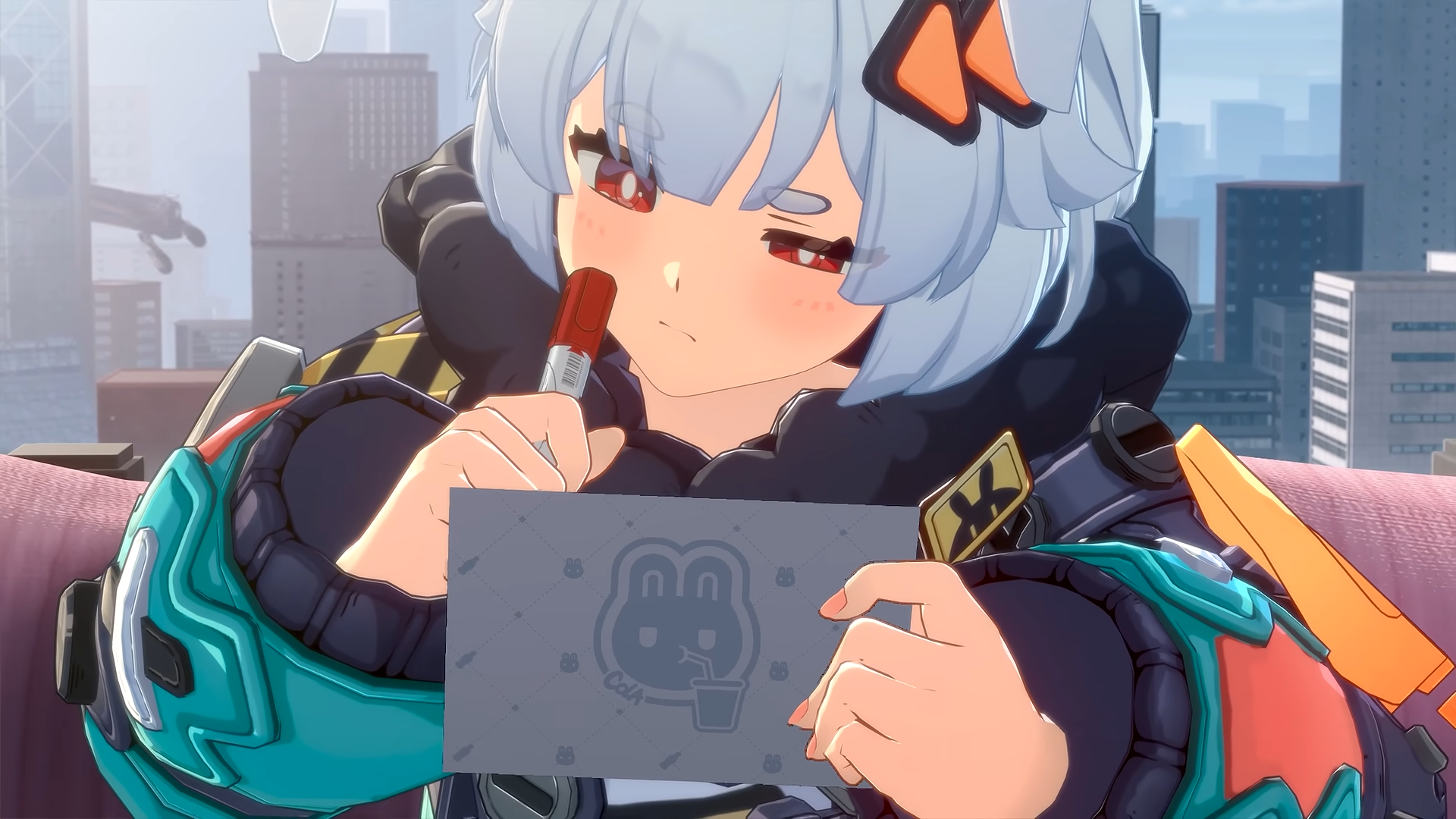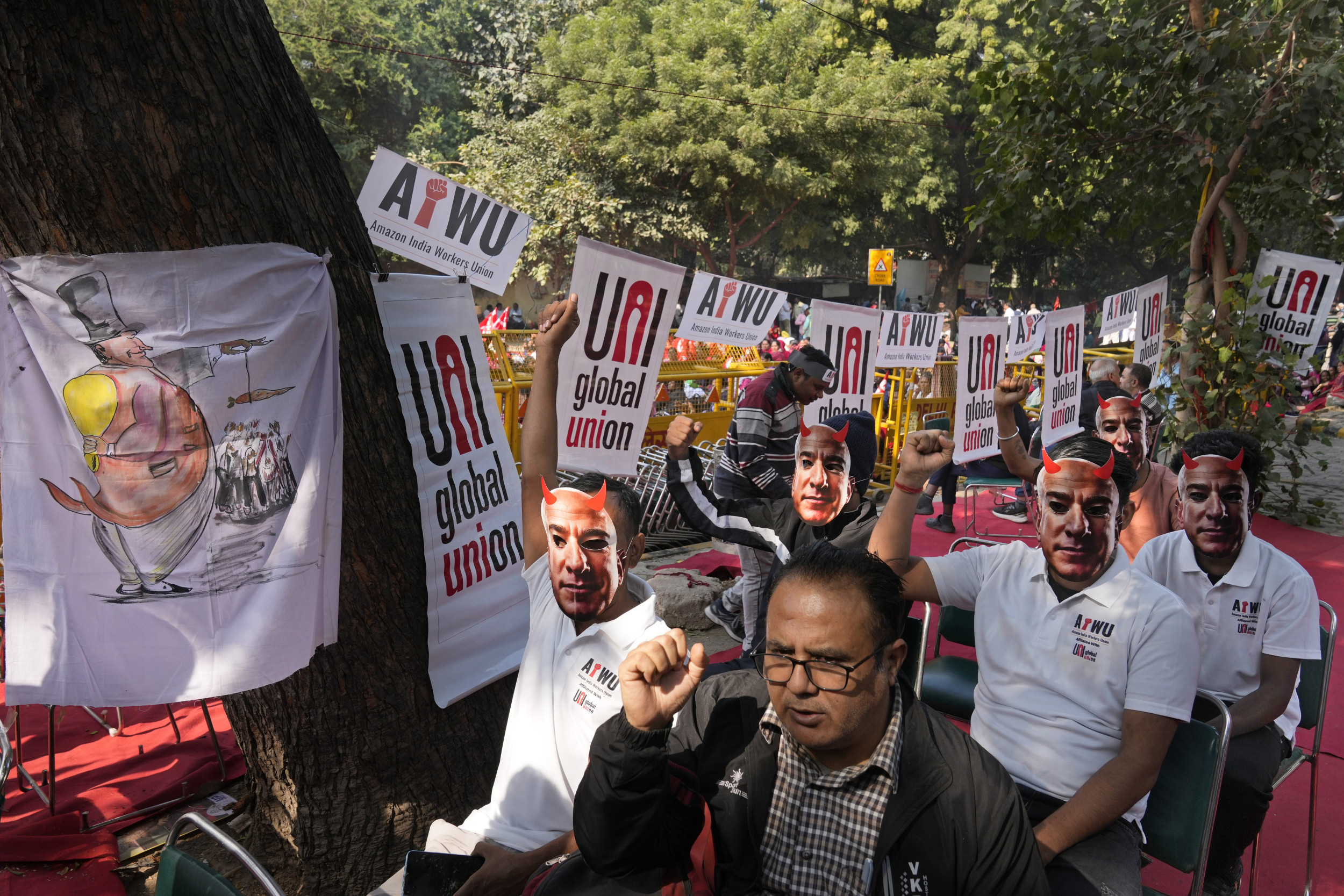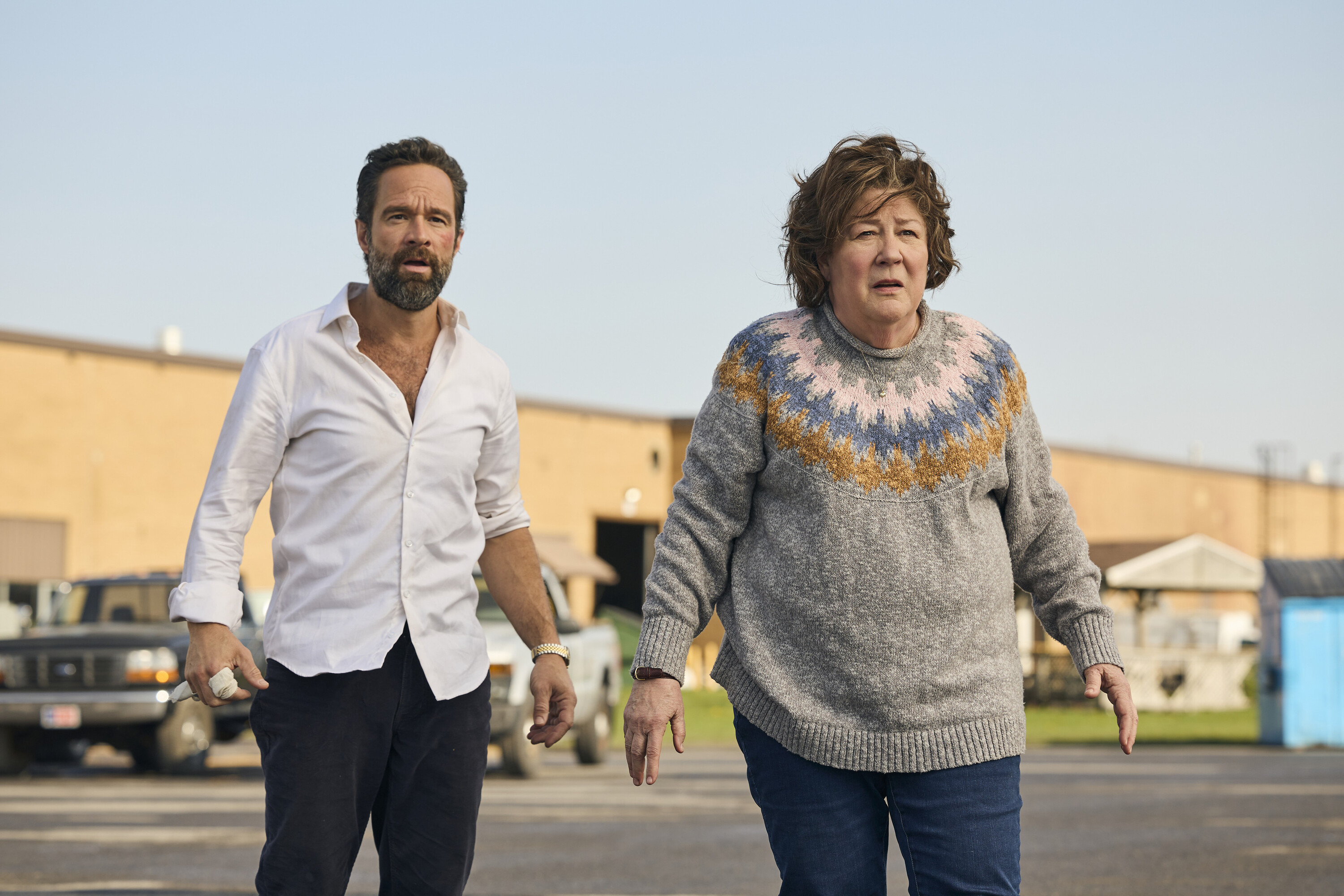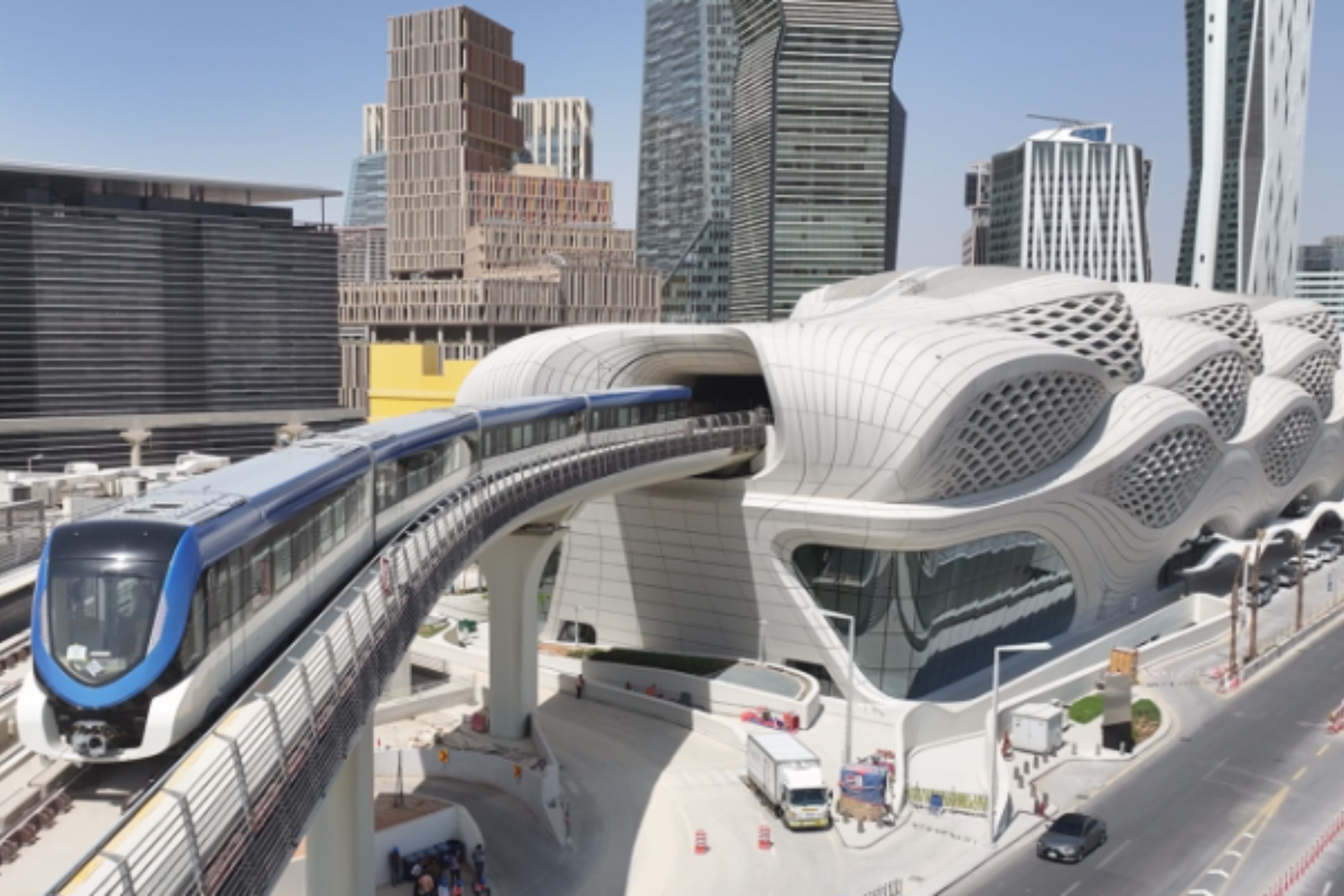Like many from Lebanon's Shia community in 1985, I joined Hezbollah as a young man. My generation was inspired by the revolutionary fervor radiating out of Iran that called for our people to take up arms against Israel and the West. But after seeing Lebanon go through decades of conflict, corruption and spiraling poverty, my vision for my community and country have evolved.
I say this as an imam of the Shia community in Lebanon—the biggest threat to Lebanon and the Middle East is the radical ideology of Iran's regime. While a ceasefire between Israel and Hezbollah is a welcome reprieve, it merely marks the beginning of the real challenge. The only way to secure a long-term peace in Lebanon is to actively roll back the Iranian regime's control of our country, and of other vulnerable nations in the region. That work must begin today.
When the Iranian revolution brought Ayatollah Ruhollah Khomeini to power in 1979, Shia across the Middle East saw it as a shared victory. Since the time of the Ottoman Empire, many Shia communities had been disenfranchised, including in Lebanon. But our hopes for change have been subverted by an ideology that is dedicated to violence and the suppression of freedoms.

My eyes were opened to the reality of the Iranian revolution during a visit to Tehran, where I heard from Iranian Shia themselves about the lack of freedom and equality in their society, the nepotism and privileges granted to the relatives of the regime and those close to it—issues that should not exist in a system claiming to represent the people's interests. The revolution has forsaken the people it claimed to represent, and it has dragged its society back into the Dark Ages.
So, too, in Lebanon, where Hezbollah has turned what was a beautiful country into a mafia state, and suppressed the intellectual diversity that the Shia community here was once famous for. Historically, Shia scholars in Lebanon were beacons of tolerance, promoting a vision of Islam based on humility and peace, and the protection of other communities. Today, we find that the influence of Tehran and Hezbollah has made us a more closed and violent society, known for choosing the rifle over knowledge and thought.
Before the most recent conflict against Israel, Hezbollah's extremism had forced many of Lebanon's Shia into a choice between emigration or living under submission, suppression, and the constant threat of violence. There is now a growing wave of opposition to Hezbollah within our community, but that sentiment must be backed up by real power from within and outside of Lebanon, if we are to see a real change in our country.
When American and French diplomats come to Beirut to discuss the future of our country, they should know that the Shia community deserves and desires peace, and to live free from the influence of foreign regimes that force us into an endless and pointless conflict. I lost my brother in Hezbollah's wars during the 1990s, how many more sons and brothers have been lost since then?
The loss of my brother, my visit to Iran, and years of struggling against Hezbollah inside Lebanon have led me to the opposite position that I found myself in 1985 when I joined the organization. I now see that peace is the only solution that can satisfy the aspirations of the Shia, Lebanese. and the Arab world. My call to choose peace over Iran has almost cost me my life on several occasions at the hands of Hezbollah, but after the death of Hassan Nasrallah—who was once close with my father—it is one that must be repeated ever louder.
Lebanon's Shia are not people of violence, nor do we wish to be known as such. It is time to reclaim our authentic identity, based on intellect, tolerance, and mutual respect. By holding on to our faith and values, many of us now reject the barbarism of Hezbollah, and seek coexistence, prosperity, and security alongside our fellow citizens and neighbors.
UN Resolutions 1559 and 1701, which call for the disarmament of Hezbollah and the re-establishment of Lebanese sovereignty, are the only hope that my community has to give a better life to our children. However, if the current ceasefire is not enforced, as was the case after the Second Lebanon War in 2006, then Iran and Hezbollah will immediately start the countdown to the Fourth Lebanon War.
Sheikh Abbas Al-Jawhari is a Shi'ite Imam based in Baalbek, Lebanon.
The views expressed in this article are the writer's own.



















 English (US) ·
English (US) ·